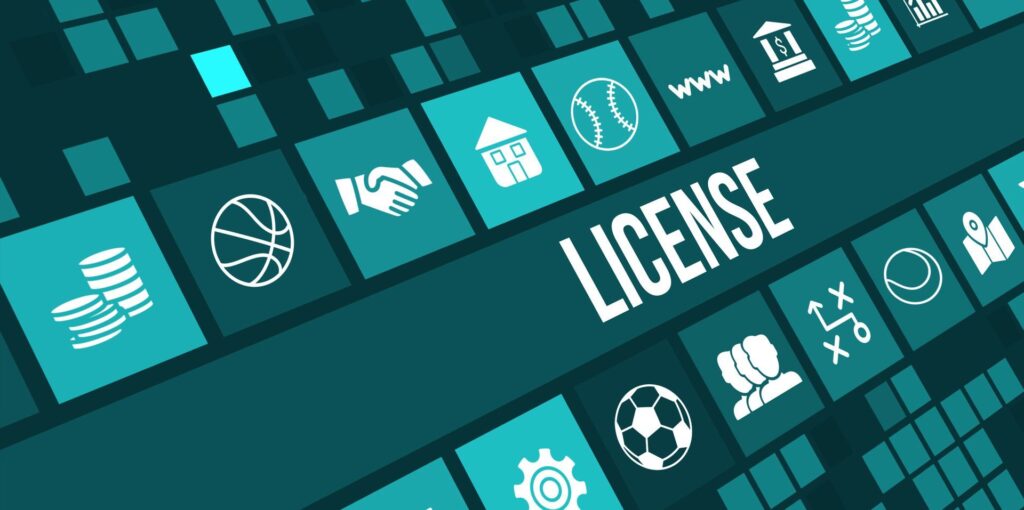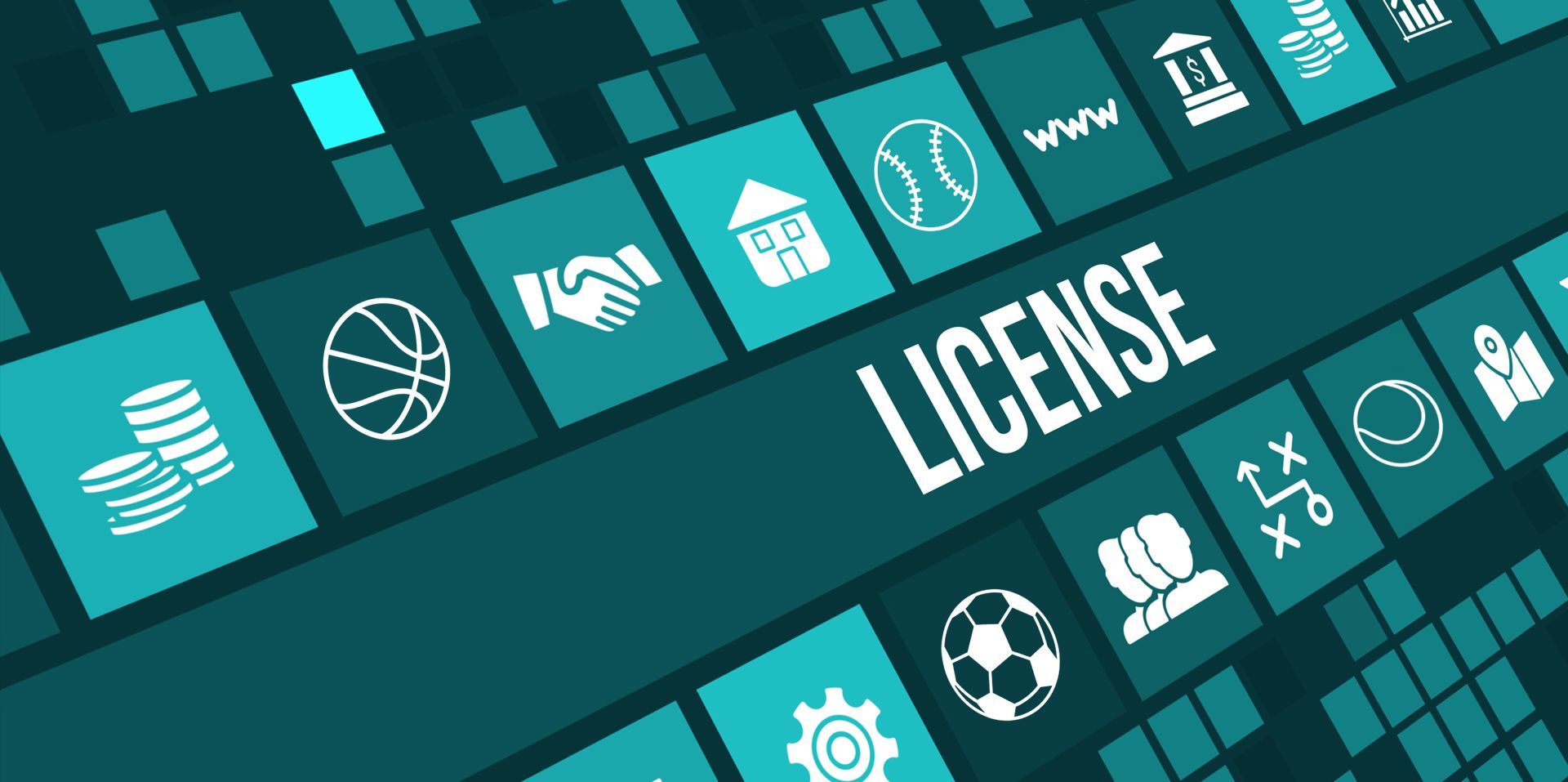Gambling is one of the most popular forms of entertainment, but behind its facade lies a complex regulatory system. One of the most important components of this field is betting licensing. Licensing of bets helps to maintain order in the market, protect players and ensure that the state is legally taxed.
Why is the license so important?
A license is a kind of quality mark for gambling companies. She confirms that the operator works legally, complies with the laws and provides fair conditions for the players. Without a license, any company risks sanctions, and players face problems withdrawing winnings or disputes with the operator.
The main functions of the license:
- Protecting the rights of players. Licensed operators are required to make payments honestly, protect customers’ personal data and prevent fraud.
- The fight against illegal operations. Licensing restricts the access of illegal operators to the market.
- Income regulation. States use licensing as a tool for tax control and economic transparency.
- Promoting responsible gaming. Many licensing authorities require operators to take measures to protect players from addiction.
Popular licensing models in the world
Each country regulates the gambling market in its own way. Some regions are following the path of full legalization, while others impose strict restrictions. Let’s look at the main approaches.
- Centralized licensing. In countries with a centralized model, licenses are issued by a single government agency. This approach is found in most European countries, for example, in the UK. Here, operators are required to comply with strict standards, including player protection, money laundering controls and payment transparency.
- Multi-level licensing. Some countries delegate the right to issue licenses to local authorities. For example, in the USA, each license is issued at the state level. This creates variability in the rules: gambling can be completely banned in one region, and allowed with minimal restrictions in another.
- Open jurisdictions. Some States create favorable conditions for foreign operators by minimizing licensing requirements. Jurisdictions such as Curacao or Malta attract many companies due to low taxes and simple conditions for obtaining a license.
- Strict prohibition of gambling. In countries with strict restrictions, the activities of most operators are prohibited. However, some of them still receive limited licenses, for example, to conduct lotteries.
What should I pay attention to when choosing a license?
For operators planning to enter the gambling market, it is important to choose the right jurisdiction for licensing. Here are a few factors worth considering:
- The reputation of the licensing authority. The more well-known the body, the higher the trust from the players. For example, the license of the UK Gambling Commission is one of the most prestigious.
- Taxes and fees. In countries with high taxes, licensing may be unprofitable for small and medium-sized businesses.
- The speed of obtaining a license. The licensing procedure can take from several weeks to several months, depending on the jurisdiction.
- Requirements for the company. Some countries require large investments in capital or complex reporting, which can become a barrier for startups.
Betting licensing is a key element in the gambling industry. It helps to create an honest and safe environment for both businesses and players. However, licensing approaches vary depending on the country, which should be taken into account when choosing a jurisdiction.


